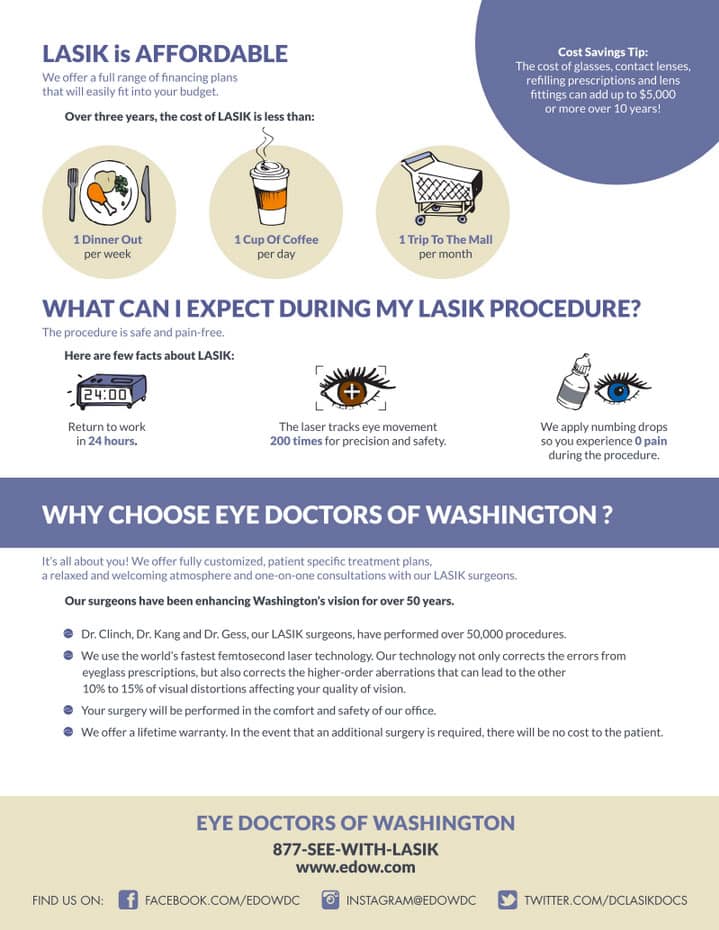Being Aware Of When To Reach Out To An Optometrist Or Ophthalmologist For Dry Eye Therapy Can Make A Distinction In Your Comfort Level
https://www.sciencedaily.com/releases/2007/04/070418115244.htm By-Grady Hines Dry eye signs and symptoms can be discouraging and unpleasant. You may ask yourself if you should see an optometrist or an ophthalmologist for alleviation. Eye doctors frequently deal with mild to modest instances with effective treatments. Nonetheless, if https://mgyb.co/s/jWLss continue or get worse, it might be time to think about a specialist's care. Understanding the best course for your scenario is critical— so what variables should you think about prior to making that visit?
Recognizing Dry Eye Symptoms
Have you ever before experienced a consistent sensation of dryness in your eyes? This discomfort can be greater than simply an inconvenience; it typically signals a common condition referred to as dry eye. You could see soreness, itching, or a gritty feeling, making it hard to focus. Sometimes, your eyes might even water excessively as they attempt to make up for the absence of wetness. You can also experience obscured vision, especially after long term display time. Identifying these signs is vital for handling dry eye efficiently. Elements like long term screen use, environmental toxic irritants, and specific medicines can aggravate these feelings.
Role of Optometrists in Dry Eye Management
Eye doctors play an essential duty in taking care of dry eye, serving as your main source for diagnosis and therapy. They start by examining your signs and symptoms and executing thorough eye assessments to recognize the underlying causes of your pain. With their know-how, they recommend personalized therapy plans, which might consist of artificial tears, prescription medicines, or way of living adjustments. Optometrists also educate you on appropriate eye treatment methods to aid minimize signs. If your problem calls for a lot more customized attention, they'll refer you to an eye doctor. Regular examinations with your optometrist ensure that your dry eye monitoring works, permitting changes to your treatment as needed. Depend on your optometrist to lead you via the process of locating remedy for completely dry eye symptoms.
When to Speak with an Eye doctor
When should you consider speaking with an eye doctor for your completely dry eye symptoms? If your signs and symptoms continue in spite of non-prescription therapies or intensify gradually, it's time to see a professional. You must additionally connect if you experience severe pain, vision modifications, or if your eyes show up red and swollen. An ophthalmologist can identify underlying problems like blepharitis or meibomian gland dysfunction that may require more advanced therapy. If you have a background of eye surgical treatments or persistent conditions such as rheumatoid joint inflammation, it's wise to seek advice from an eye doctor too.
Conclusion
In summary, if you're experiencing completely dry eye symptoms, beginning by going to an eye doctor for an individualized therapy strategy. They can aid with mild to modest issues using artificial splits and way of living adjustments. However, if your signs and symptoms linger or intensify, don't be reluctant to consult an ophthalmologist for even more specialized treatment. Taking these actions can bring about better management of your dry eye signs and improve your general eye wellness. Keep in mind, your comfort and vision deserve it! 